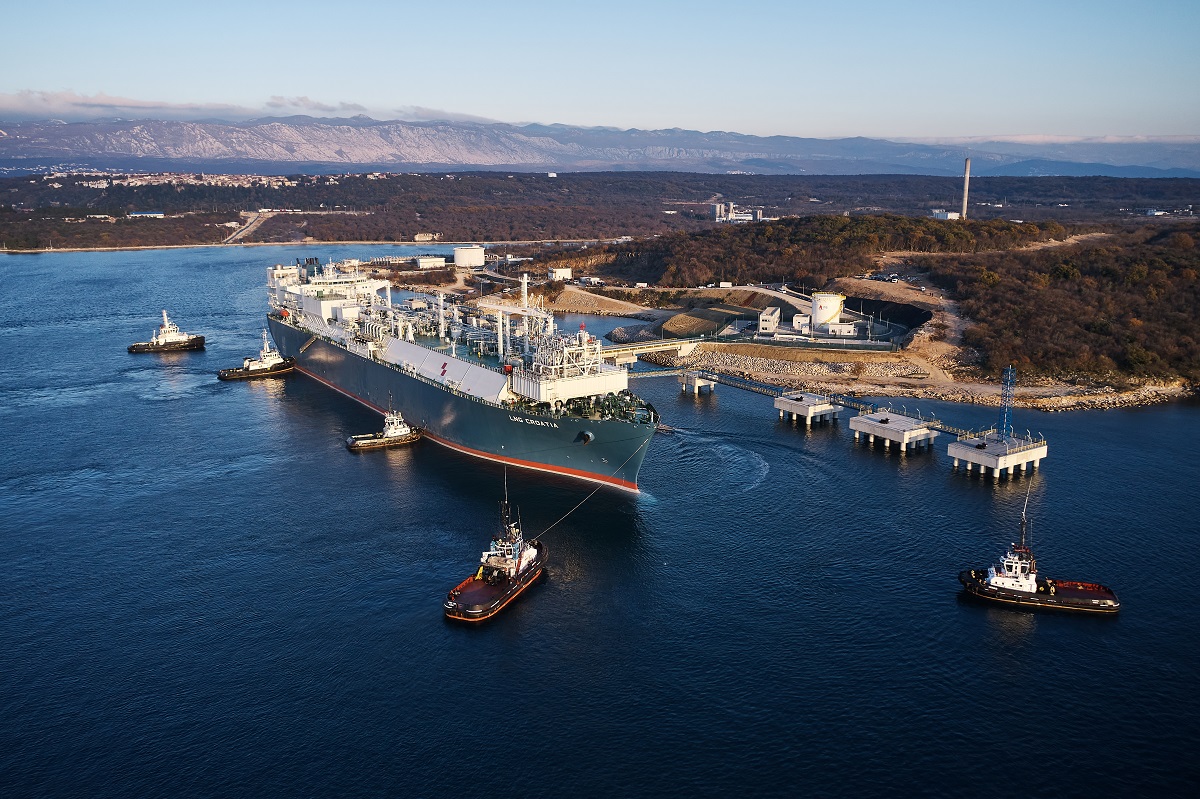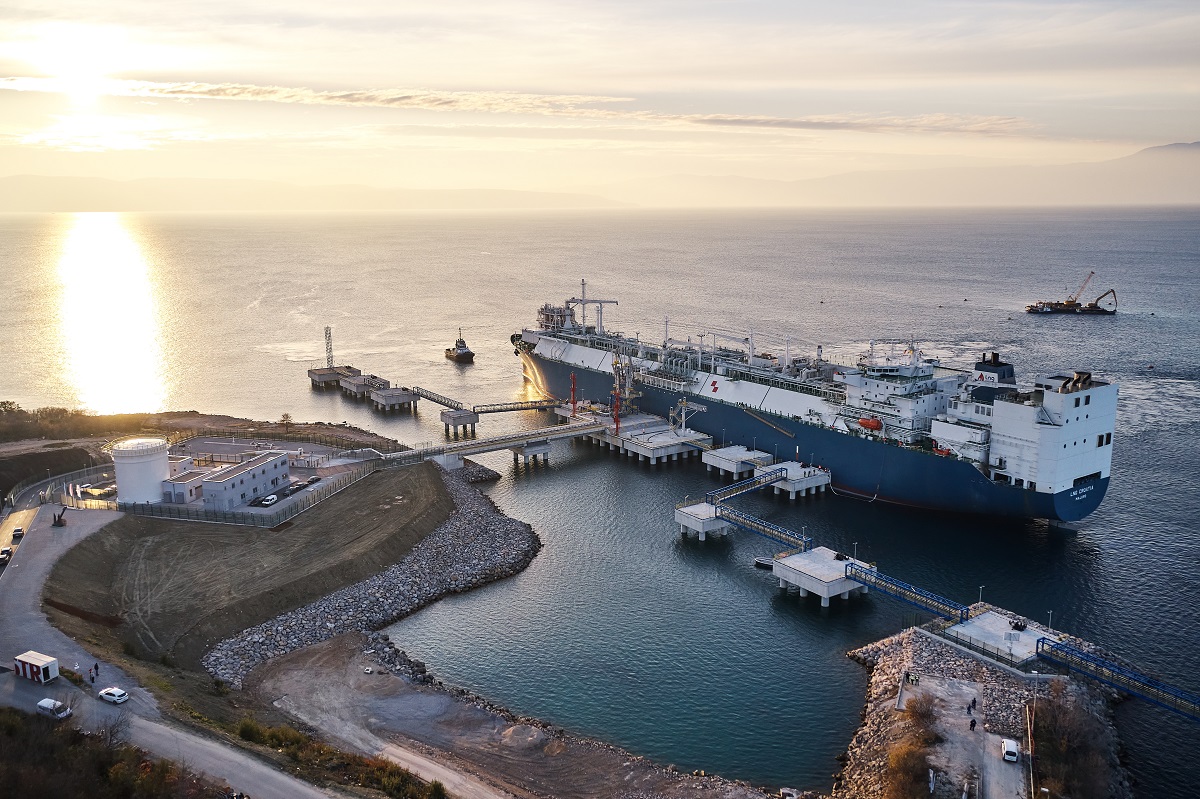On Friday (Jan29), the new liquefied natural gas (LNG) terminal on the island of Krk in Croatia and its connecting pipeline have been officially inaugurated by the prime Minister of Croatia, Andrej Plenković. The construction of the new LNG terminal and Omišalj-Zlobin gas pipeline, connecting it to the Croatian gas transmission system, have received a total of €124 million EU funding through the Connecting Europe Facility (CEF).

The Director of the Innovation and Networks Executive Agency (INEA), Dirk Beckers, said: “The Krk LNG terminal is of strategic importance for the security and diversification of natural gas supply in Central and South-Eastern Europe. It will also ensure the effective integration of other key natural gas infrastructure projects into the regional gas market and overall it will enhance the competitiveness of the region. I would like to thank and congratulate our beneficiaries - LNG Croatia and Plinacro - for their effective collaboration with INEA and for having been able, despite the challenging circumstances, to successfully complete the project according to the original planning!”
The project for the construction of the terminal has the status of EU Project of Common Interest (PCI 6.5.1) It is also one of the priority projects under the Central and South Eastern Europe Energy Connectivity (CESEC) initiative, which demonstrates an important role of the terminal in strengthening solidarity and enabling a safer energy supply for citizens and businesses across the region.

The terminal, which operates as a permanently moored offshore floating storage and regasification unit (FSRU) with a maximum yearly send-out capacity of 2.6 billion cubic meters, will deliver gas to the Croatian national transmission network, connected with Hungary, Slovenia and Italy as well as with other non-EU Member States, such as Serbia and Montenegro. The financial support received through CEF in the form of grants for studies and works has leveraged further public and private investment in the total amount of €182 million.
Commercial operations at the terminal have already started on 1 January 2021 after the successful commissioning of the FSRU and overall LNG terminal infrastructure activities in December 2020. The entire terminal capacity has been booked for the next three years.
CEF Energy programme
The CEF programme in the field of energy provides funding to infrastructure projects in electricity, natural gas and smart grids with the aim to better interconnect energy networks towards a single energy market in Europe. The programme supports the key objectives of the Energy Union by promoting further integration of the internal energy market, enhancing security of energy supply and integrating energy from renewable sources into the network. To be eligible for a grant, a proposal has to contribute to a PCI included in the Union-wide list adopted biennially by the Commission. In total, €4.7 billion of EU funding has been allocated to energy cross-border infrastructure projects so far.